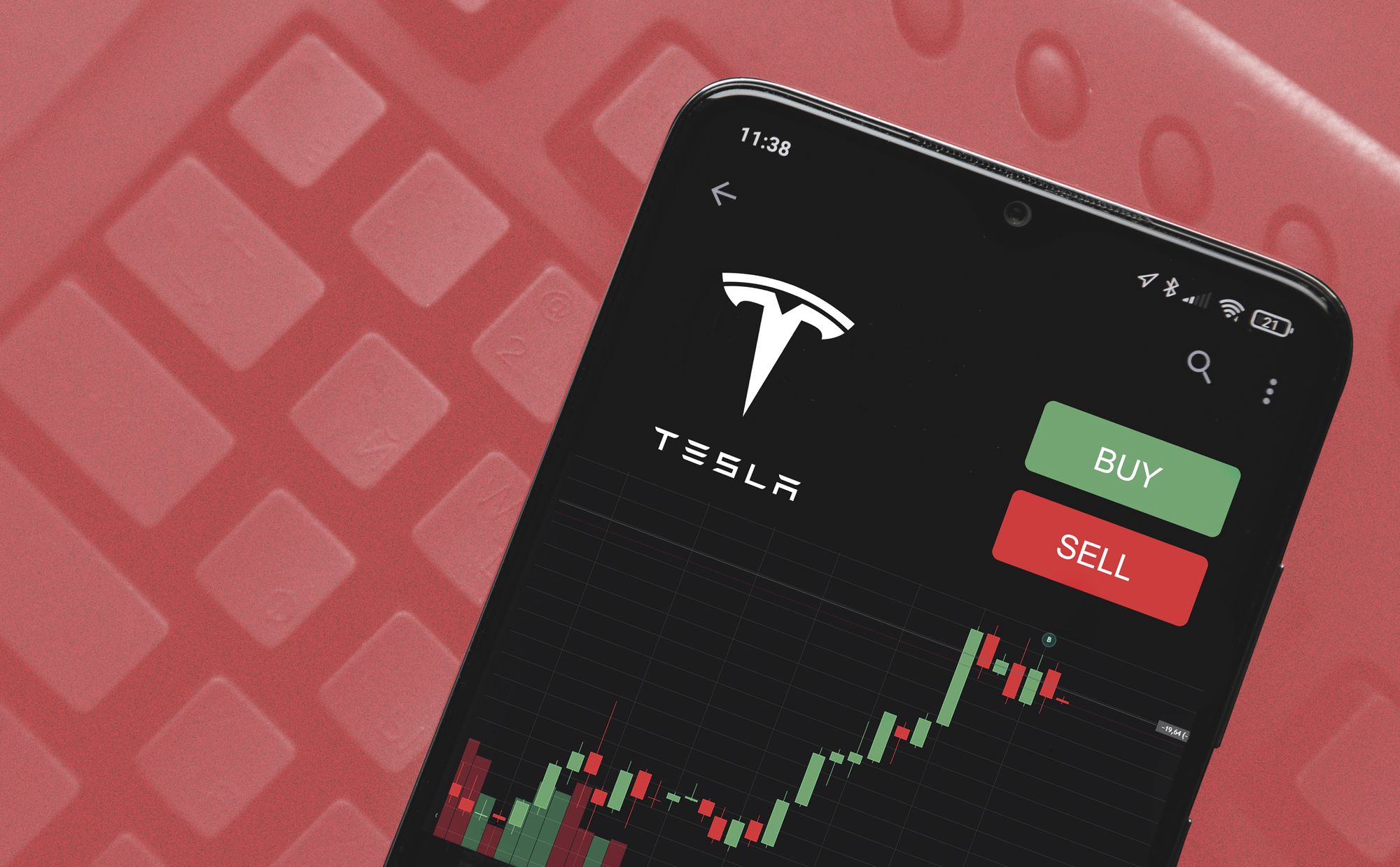FXOpen

Tesla as a corporate entity is a bit like Elon Musk himself – some people either buy right the way into it and are total Tesla enthusiasts, whereas others regard it as tiresome, overhyped, and quite mediocre despite the endless presence in all media surrounding the company and its products.
To some, it is a disruptor of an entire global industry. A life-changing milestone in the way personal transport operates. To car enthusiasts, it is either a magnificent piece of high tech genius that influenced the traditional establishment or it is a bland non-entity fit for the private hire fleets of airport taxi operators.
It is interesting that the overall consensus is that Tesla is still somehow innovative. Yes, Tesla disrupted the entire motor industry and made every company, from the big giants of Detroit, Stuttgart, Seoul, and Nagoya, not only sit up and take notes but rally to release their own electric vehicles after over 100 years of dedication to the internal combustion engine.
Everywhere from China to the United States, new startups came to fruition, often with huge multi-million-dollar venture capital funding and sudden multi-billion dollar valuations despite being totally unknown. Aside from that, it is almost unheard of for anybody to enter the automotive industry. It is totally saturated by brands that have been established for four to five generations and is utterly conservative.
Yes, Tesla was innovative and disruptive, but that was almost 10 years ago. The Model S was launched in 2014, and its subsequent siblings just a short while afterwards, and the overall design language is similar to its origins.
Nobody considers Microsoft Windows to be innovative or disruptive anymore, whereas it was in the 1980s when it revolutionised the way in which people and businesses interact with what was known back then as a ‘personal computer’.
Microsoft stock is one of the steady ones, which investors often consider low risk, and there is very little volatility. This is because the Microsoft operating system and its applications are considered to be the world’s de facto computing environment.
Nowadays, the same could be said of Tesla. The company has not made a different style of car since its rise to prominence in 2014, the current model range is simply derivative, and now, electric or partially electric vehicles are the de facto method of transport in most parts of the world.
Therefore, Tesla is now the Microsoft Windows of the car world. It may have started the electric vehicle craze, but its own product is derivative and far from perfect.
Perhaps this is why Tesla stock is languishing at its third lowest point since this time last year. Today, the open price is $179.94 per share. This time last year, Tesla stock opened at $326.80 per share.
The news channels are awash with reports that Tesla is opening a new electric vehicle battery manufacturing facility in Shanghai, and yes, China is a vital market for electric vehicle manufacturers, but so what?
China has a plethora of its own electric vehicle manufacturers and is home to fully comprehensive factories which produce Chinese-built versions of European and American hybrid and electric vehicles for the Chinese market.
Competition is stiff to say the least.
The hype surrounding the newcomers has died down too. Rivian, the American producer of electric pickup trucks, was all over the news in 2021 with its wide-eyed valuations into the tens of billions. Today, looking at a graph displaying its stock value shows a steady downward trend over many months.
Normalisation of electric vehicles is here, and it’s as competitive as the internal combustion-based automotive industry dominated by the big names of Europe, America, and Asia always has been.
Buy and sell stocks of the world's biggest publicly-listed companies with CFDs on FXOpen’s trading platform. Open your FXOpen account now or learn more about trading share CFDs with FXOpen.
This article represents the opinion of the Companies operating under the FXOpen brand only. It is not to be construed as an offer, solicitation, or recommendation with respect to products and services provided by the Companies operating under the FXOpen brand, nor is it to be considered financial advice.
Stay ahead of the market!
Subscribe now to our mailing list and receive the latest market news and insights delivered directly to your inbox.








